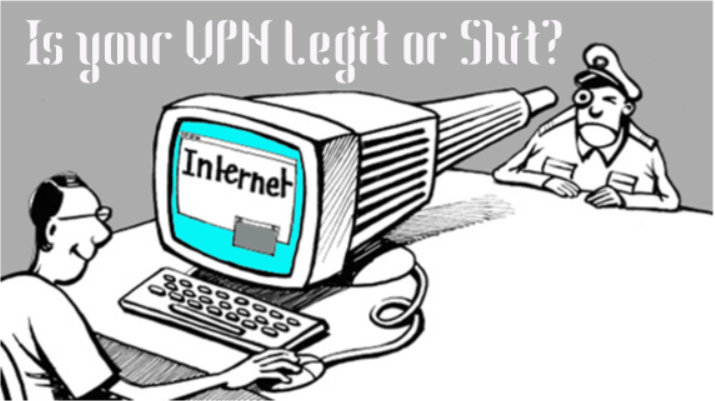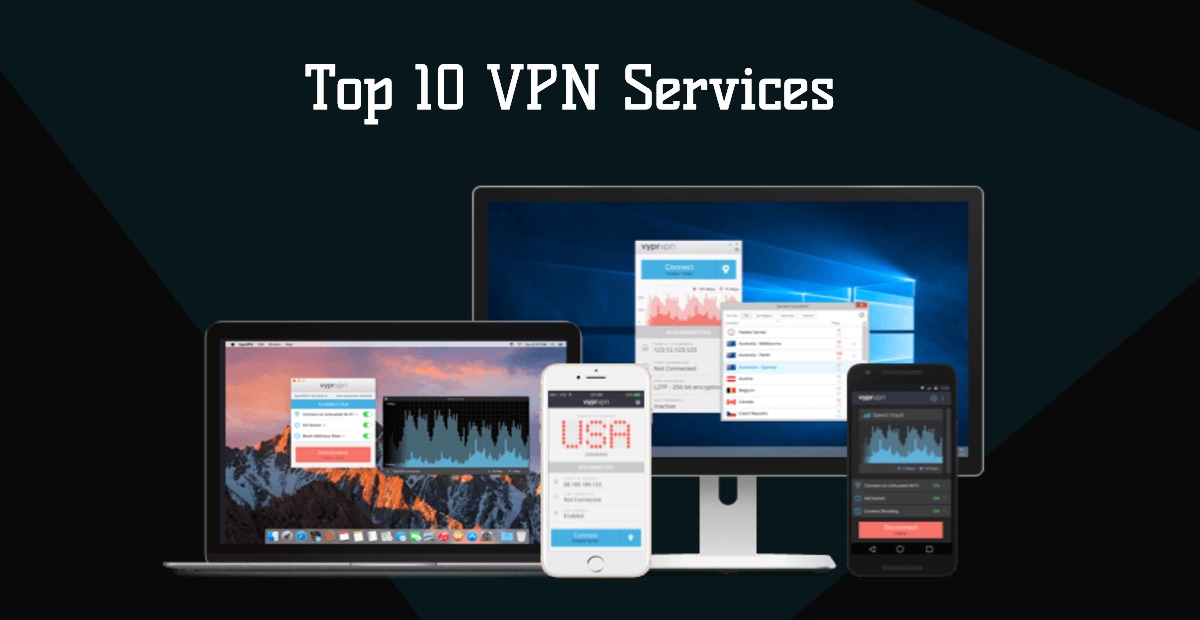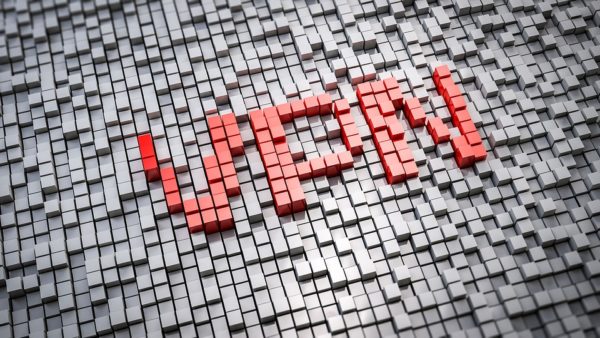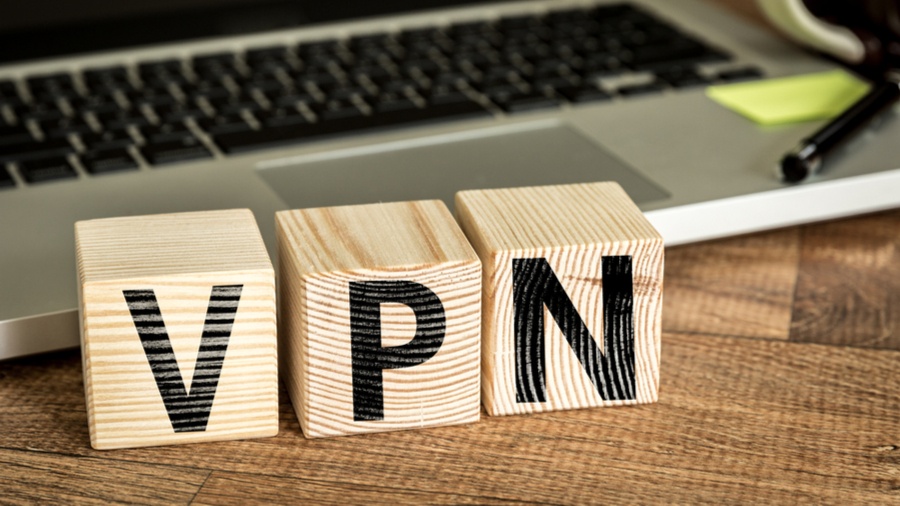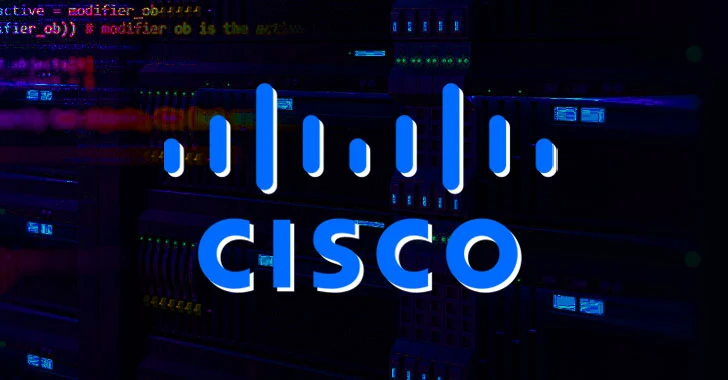Those of you who frequent the darkweb should be familiar with VPN (Virtual Private Network) services and have done some research to find a trustworthy provider. For readers who are just starting to explore the darker catacombs of the Internet a VPN is a mandatory tool for online anonymity, but not all VPN’s are created equally. So our question to you…. Is your VPN legit or shit?
VPN Introduction
A VPN provides a secure connection between your computer and the VPN servers. All communications between your computer and the VPN are encrypted and sent through a secure tunnel over the Internet, preventing outsiders from spying on your web activity. You can securely connect to a VPN service and surf the web from their servers, using their IP addresses.
There are lots of reasons to use a VPN service such as establishing a secure connection over an insecure network, accessing censored or region specific web content, or hiding p2p sharing activity that is often frowned upon in the US. But if you’ve made it to DDW you’re probably starting to understand that there are parts of the web where more nefarious things happen (which DDW acknowledges but does not condone) and anonymity is of the utmost importance.
The connection between your computer and the VPN is secure, but the connection between the VPN and the rest of the web isn’t. Your activity on the web can be monitored and traced back to the VPN IP addresses, but cannot be traced back to your own IP address. When you use a VPN no one can trace your web activity back to you (insert obligatory meme).
In theory.

What is the Dark Web and how to Access it Safely
What is the best FREE VPN service?
“When something is free, you are the product.”
This famous quote certainly holds true for “free” VPNs because you are likely paying for the service with your private data, which is sold to third parties.
Just like with Google and Facebook, free VPN services will offer a free product that collects your data for profit. Here are five well-documented reasons showing why free VPN services are dangerous:
- Malware – Malware is often hidden in free VPN services to collect your data. One study found malware in 38% of free VPN apps for Android devices
- Tracking – Tracking libraries hidden in free VPNs are also used for data collection. The popular Betternet free VPN app was found to contain 14 different tracking libraries.
- Third party access to your data – Everything you do through a free VPN could be provided to third parties – and many VPNs explicitly state this in their privacy policies. Hotspot Shield was publicly called out for doing this by the Center for Democracy and Technology.
- Browser hijacking – Some free VPNs have been found to hijack and redirect browsers to e-commerce sites, such as Alibaba and eBay, through partner networks.
- Traffic leaks – This is perhaps the greatest risk for people using a free VPN because it exposes your identity. One study found that 84% of free Android VPN apps leaked user data, thereby rendering the VPN useless.
VPN’s to Avoid
- Betternet
- Purevpn
- Hotspot shield
- Hola VPN
- Opera Free VPN
- Hidemyass
- AirVPN
- Witopia
Picking the right VPN
A VPN service’s main selling points are security and privacy, but privacy is interpreted differently among VPN providers. Just ask former lulzsec member Cody Kretsinger (a.k.a. recursion), how private his VPN service was.
Kretsinger used a popular VPN called HideMyAss and engaged in activity that linked him, and his online persona “recursion,” to several high profile hacks, including unauthorized access to servers controlled by Sony Pictures. As it turns out HMA keeps logs of users’ IP addresses and logon/off times. A UK court order was issued to HMA to turn over the logs related to the offending account, which were then used to identify and arrest Kretsinger.
Also read: Must use privacy tools that you need to install now.
VPN providers can log web activity over their network, but it is more common to see VPN providers log users’ IP addresses, logon/off times and bandwidth usage. This logging activity allows providers to identify individuals abusing the service for fraud and spam, but in doing so they acquire information that can be used to identify individual users.
You can be absolutely sure if a VPN provider is pressured to cooperate with authorities and they have any information to identify you as the suspect you will be up shit creek and you will be there without a paddle. No one is going to go to jail for you.
This is why some VPN services go out of their way NOT to log any information that could possibly identify their customers. They cannot be forced to hand over incriminating information that they do not have.
How to find the best VPN (for you)
Choosing the best VPN service all comes down to determining which factors you consider the most important and then selecting the best fit for your situation. In other words, it’s a very subjective process, which is why there is no single “best VPN” for everyone.
Any of the VPNs in this guide may be the perfect fit for you.
Here are a few factors to consider when selecting the best VPN for your situation:
- Test results – How well does the VPN perform in testing? This includes both performance testing (speed and reliability) and leak testing (IP leaks and DNS leaks). See our guide here on testing your VPN
- Privacy jurisdiction – Where the VPN is legally based affects customer privacy. Many people avoid VPNs based in the US and other surveillance countries due to unfavorable laws that put customer data at risk – see my guide on 5/9/14 Eyes and VPNs.
- Server network – Does the VPN have the server locations you need?
- Features – There are many different VPN features catering to different types of users. These include privacy features, leak protection, IPv6 support, ad blocking, and multi-hop VPN configurations – just to name a few.
- Streaming – Some people want to use their VPN to unlock geo-restricted streaming services, such as American Netflix, BBC iPlayer, and others. Some VPNs cater to streaming clientele, but others do not.
- Operating system – Most VPN services offer custom apps for all major operating systems and devices. You may want to check with the VPN provider if you have a special use case, such as using a VPN on a smart TV.
- Obfuscation – Obfuscation is a key feature if you are using a VPN in China, schools, work networks, or anywhere that VPNs may be blocked. However, if you are not in a restricted network situation, obfuscation is generally unnecessary and may impact performance.
Also read: VPN's for Hackers
Most Secure VPN’s which covers all of the above features.

